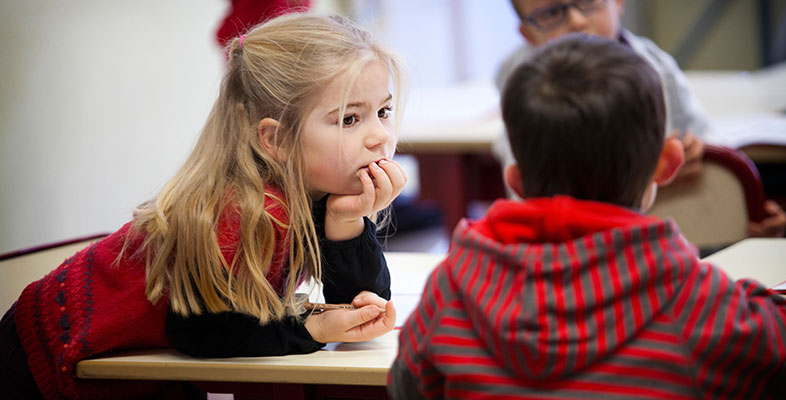2.3 Titles, duties and ways of working
There are a number of terms in current use to describe those who provide learning support to children in primary education around the world. It would be misleading to suggest that these terms describe the same roles and responsibilities. Rather, they relate to important role distinctions, and these distinctions are significant because they reflect the wide variety of work that assistants do.
Since the 1980s in the UK, many adults who support children’s learning in schools have experienced a notable change in their day-to-day responsibilities. The concerted focus of government on literacy and numeracy has drawn many teaching assistants into ‘teaching-related’ duties – work that, at one time, only a qualified teacher would have done. Barbara Lee (2003, p. 27) notes the shift in terms of ‘indirect support’ (e.g. producing materials and managing resources) and ‘direct support’ (e.g. working with individual children and small groups). Further, teaching assistants and other support staff are often key contributors to the extended services, such as after-school clubs and home–school liaison activities, provided by schools.
Regardless of this shift in duties, tasks associated with the maintenance of the learning environment are still necessary, as they enable teaching and learning to take place. So it is relevant to ask who does this work if assistants are spending more time helping children to learn? You may have some insights into this. Perhaps one answer is that there is more sharing of maintenance tasks between teachers, paid support staff, volunteers and children.
